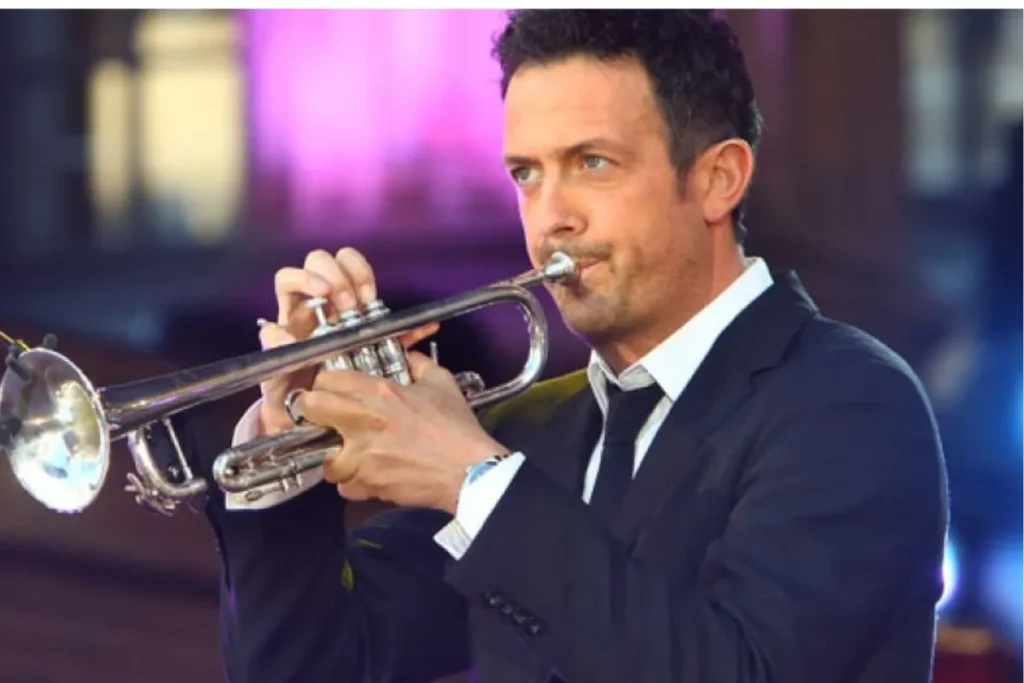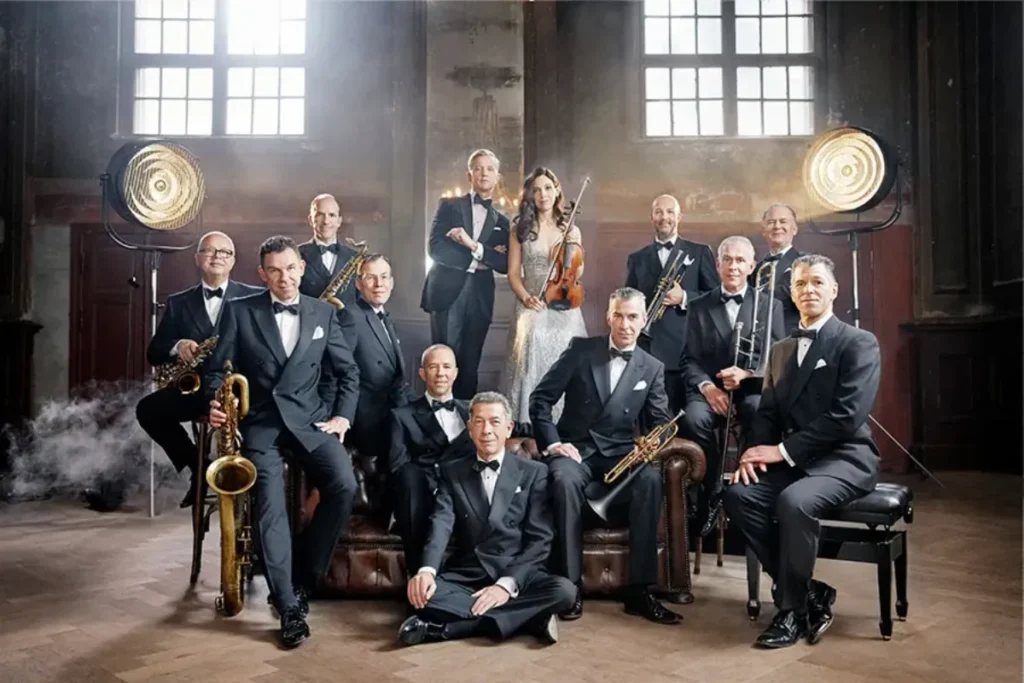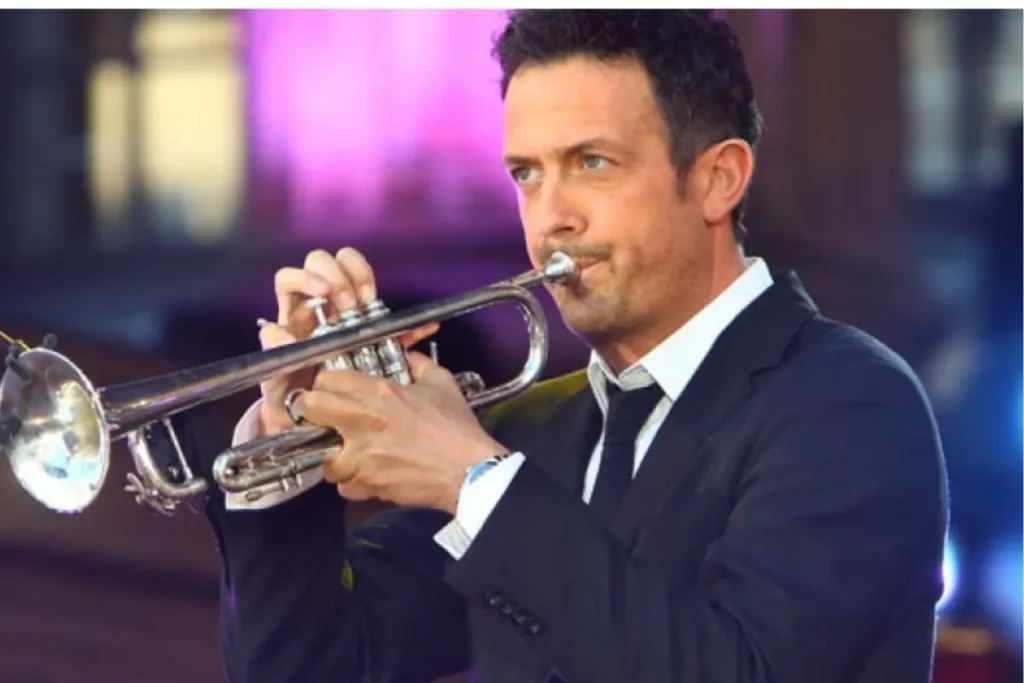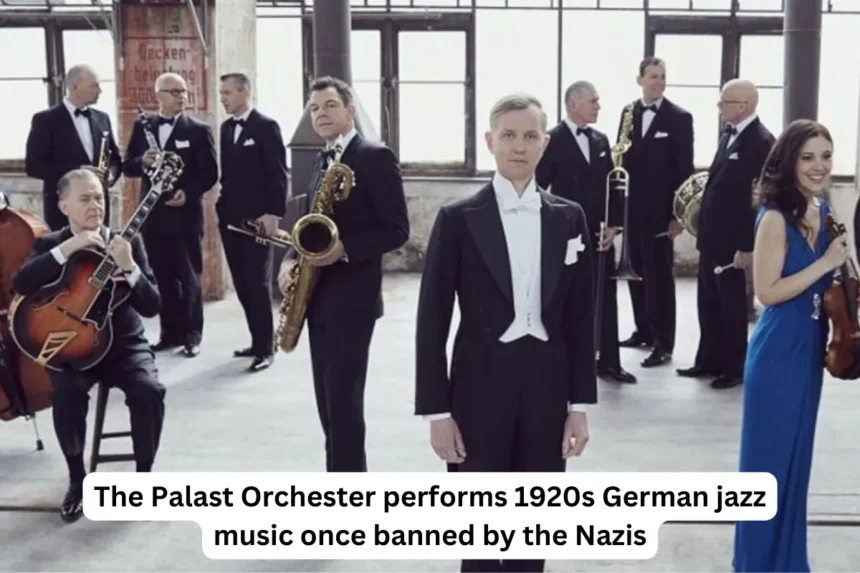In a celebration of cultural resilience and artistic freedom, The Palast Orchester is bringing to life the vibrant sounds of 1920s German jazz music, a genre that was once banned and suppressed by the Nazis.
With their unique blend of musical talent and historical significance, The Palast Orchester is captivating audiences around the world and shining a light on a dark chapter in Germany’s history.
In this article, we’ll delve into the history of German jazz music, explore the impact of Nazi censorship on the genre, and celebrate the enduring legacy of The Palast Orchester as they continue to keep the spirit of 1920s jazz alive.
A Brief History of German Jazz Music

The roots of jazz music in Germany can be traced back to the early 20th century, when American jazz musicians began to gain popularity in Europe.
Inspired by the improvisational and syncopated rhythms of jazz, German musicians began to incorporate these elements into their own compositions, creating a unique and vibrant style of jazz music that reflected the cultural zeitgeist of the time.
By the 1920s, German jazz music had blossomed into a thriving scene, with jazz clubs and dance halls springing up in cities across the country.
From Berlin to Hamburg to Munich, jazz music became an integral part of the cultural landscape, attracting both musicians and fans from all walks of life.
However, the rise of the Nazi party in the 1930s brought an abrupt end to the flourishing jazz scene in Germany.
The Nazis viewed jazz music as degenerate and decadent, associating it with African American culture and labeling it as a threat to German society.
Jazz clubs were shut down, records were banned, and musicians were persecuted and silenced.
The Palast Orchester: Keeping the Spirit of 1920s Jazz Alive

Despite the efforts of the Nazis to suppress it, the spirit of 1920s German jazz music lived on, thanks in part to The Palast Orchester.
Founded in 1986 by Max Raabe and a group of like-minded musicians, The Palast Orchester is dedicated to preserving and celebrating the music of the 1920s and 1930s, including the jazz music that was once banned by the Nazis.
With their impeccable musicianship and authentic sound, The Palast Orchester has become synonymous with the golden age of German jazz music.
From their stylish attire to their meticulous attention to detail, the members of The Palast Orchester transport audiences back in time to the glamorous and decadent world of Weimar-era Germany.
But The Palast Orchester is more than just a nostalgic throwback; they’re also a symbol of resilience and defiance in the face of oppression.
By performing music that was once banned and suppressed by the Nazis, The Palast Orchester is reclaiming a piece of Germany’s cultural heritage and honoring the memory of the musicians who came before them.
Performing Jazz Music Once Banned by the Nazis

Today, The Palast Orchester continues to captivate audiences with their performances of 1920s German jazz music, shining a light on a forgotten chapter in history and celebrating the enduring power of music to transcend barriers and unite people from all walks of life.
Whether they’re performing in concert halls, jazz clubs, or music festivals, The Palast Orchester brings the spirit of 1920s jazz music to life with their infectious energy and undeniable talent.
In a world that can sometimes feel divided and polarized, The Palast Orchester serves as a reminder of the power of music to bring people together and bridge cultural divides.
Through their performances of jazz music once banned by the Nazis, The Palast Orchester is not only honoring the past but also inspiring future generations to embrace diversity, creativity, and freedom of expression.
As The Palast Orchester continues to tour and perform around the world, their music serves as a testament to the enduring legacy of 1920s German jazz and the resilience of the human spirit.
In a time of uncertainty and upheaval, The Palast Orchester’s performances offer a sense of hope, joy, and connection, reminding us all of the transformative power of music to uplift and inspire.

